Regarding the issue of salary reform, especially for health workers, National Assembly Delegate Tran Thi Nhi Ha - Director of Hanoi Department of Health, Hanoi City delegation had discussions with the press on the sidelines of the National Assembly.
Reporter: Madam, when implementing salary reform and determining job positions, will medical staff be determined with job positions and salaries commensurate with their training and work?
National Assembly Delegate Tran Thi Nhi Ha: We believe that medical staff work in a very special and unique environment. In addition to the usual work like civil servants and workers in other working environments, medical staff, during epidemic outbreaks or when fires or unexpected natural disasters occur, are always the frontline force to ensure the health and safety of the people.
In such an environment, the Party, Government and National Assembly always pay great attention to policies and treatment for medical staff.
Salary reform for civil servants and employees, including medical staff, is a very important issue and needs to be enacted soon to help with the difficulties of medical staff.
In addition, along with salary reform, there will be regulations to increase benefits and allowance coefficients for medical staff working in special specialized professions.
For example: Working in a polluted environment, working in contact with HIV/AIDS patients or medical staff working in toxic testing environments will have allowances of 0.2; 0.3; 04; 0.7... Therefore, some medical staff receive allowances appropriate to the working environment.
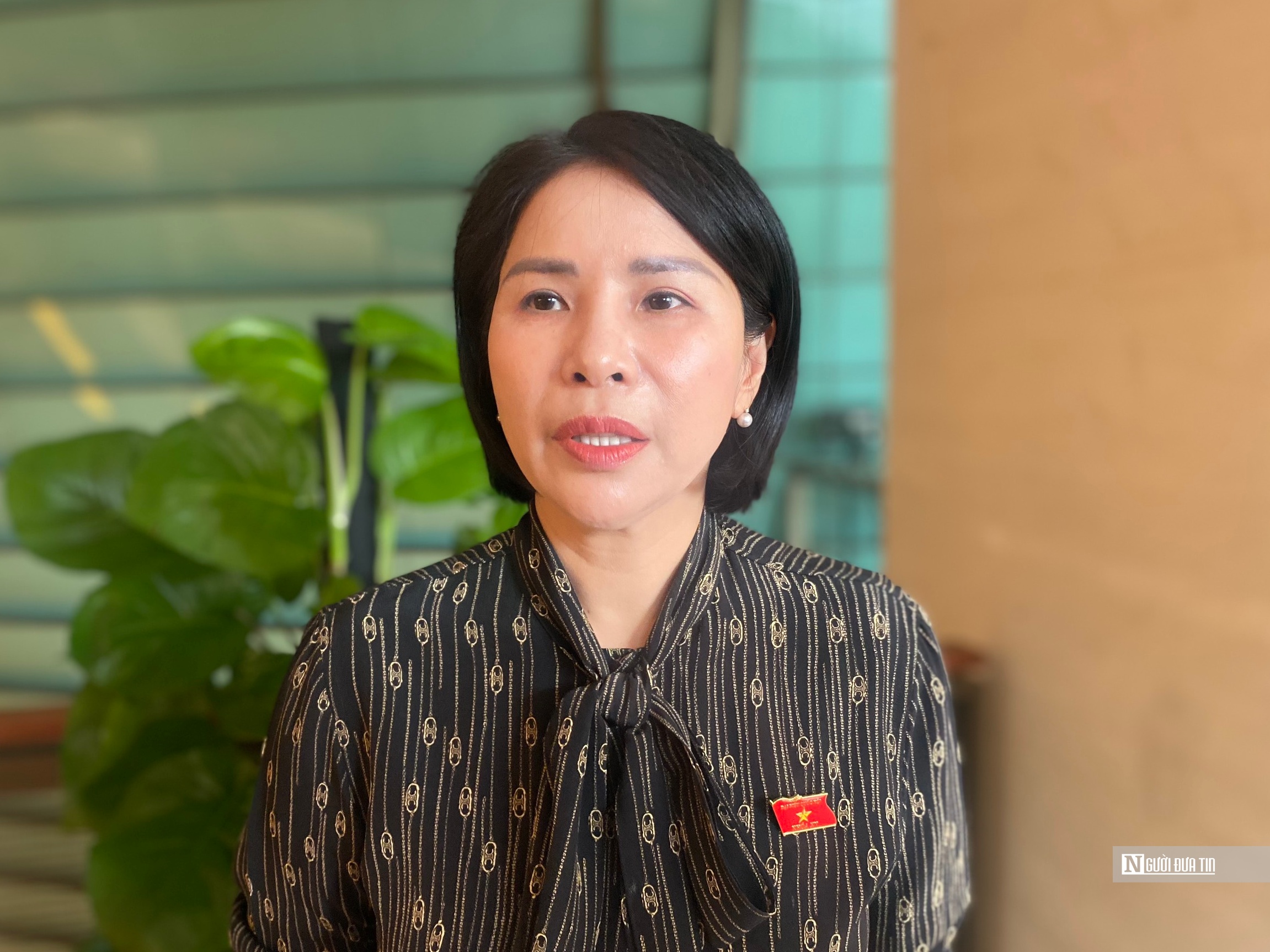
National Assembly Delegate Tran Thi Nhi Ha talks to the press in the hallway of the National Assembly.
PV: In your opinion, can salary reform solve the problem of doctors and nurses having low starting salaries, not enough to stay in the profession as it is today?
National Assembly Delegate Tran Thi Nhi Ha: In my opinion, the issue of salary and welfare reform at the present time only partially resolves the difficulties and obstacles.
With the income level of medical staff, there needs to be more important and fundamental solutions to ensure income for medical staff and attract medical staff.
In particular, it is to attract high-quality medical staff and attract human resources to develop techniques in the health sector. More importantly, it is important to pay attention to the regime to attract human resources for the grassroots health sector and commune health stations.
According to the Law on Medical Examination and Treatment, which will take effect from January 1, 2024, we need to improve the capacity of the grassroots health sector. This means attracting human resources. For the health sector, if we do not have medical human resources, it will not be effective in investing in facilities and equipment.
I also think that there must be financial mechanisms in medical examination and treatment facilities, medical facilities so that in addition to salary and welfare regimes, there must be a suitable financial mechanism to increase income outside of salary. This is a matter of great concern to the National Assembly during the past sessions.
There needs to be strong, specific and clear measures for financial mechanisms, especially financial mechanisms at the grassroots level. Currently, these difficulties are continuing to be resolved.
We also see that when attracting human resources to the grassroots health sector, there must be preferential treatment for the first time. Accordingly, it ensures that medical staff and doctors volunteer and are willing to work at the grassroots level. From there, initially solving the difficulties and shortage of human resources at the grassroots health sector.
PV: There are also many opinions that low salaries are the reason why health workers have to work outside and sometimes "the outside leg is longer than the inside leg". In your opinion, will this situation continue after salary reform?
National Assembly Deputy Tran Thi Nhi Ha: Medical staff can also participate in private medical practice facilities and the provisions of the Law on Medical Examination and Treatment are also fair between public and non-public medical facilities. People can receive health care services and medical care at all medical facilities in the area.
However, I also think that public health facilities have a very important mission: serving the elderly, the disadvantaged, children and the poor, and those in remote areas who do not have the economic conditions to be able to use services at private health facilities.
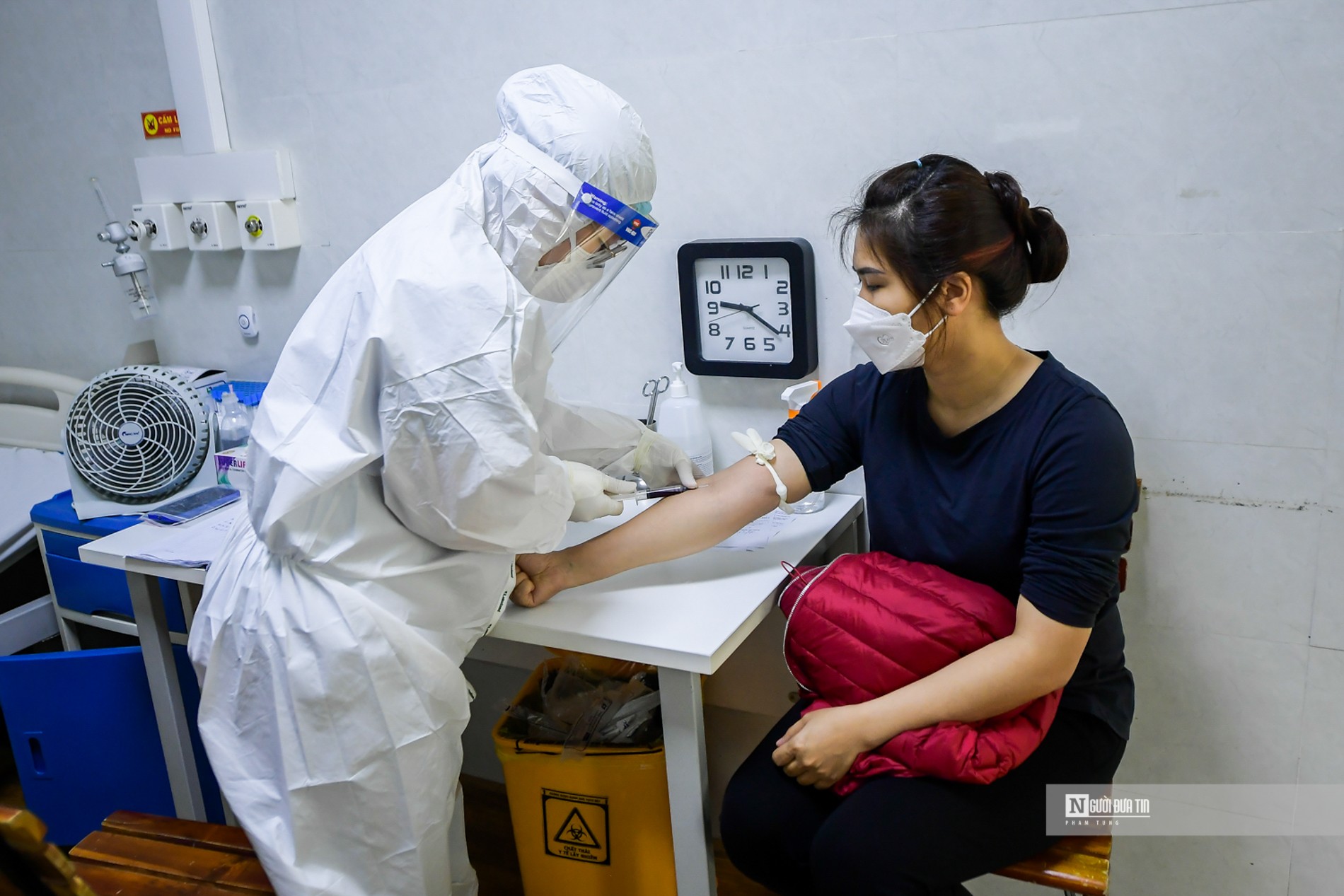
It is very important to pay attention to the regime and policies for medical staff at public health facilities (Photo: Pham Tung).
Therefore, it is very important to pay attention to the regime and policies for medical staff at public health facilities. We also need to speed up the issuance of documents and salary reform, and there must be a comprehensive policy to care for medical staff from income to working environment.
At the same time, there must also be policies on providing equipment, medicine, chemicals... so that medical staff can feel secure and use modern medical equipment to develop their best expertise.
Thus, when professional development is successful, the income of medical staff increases. This is also a way for us to retain medical staff working in public facilities.
PV: So, the upcoming salary reform will be good news for millions of health workers?
National Assembly Deputy Tran Thi Nhi Ha: Salary reform and innovative financial mechanisms are fundamental solutions for us to ensure medical human resources at health facilities. I am particularly concerned about medical human resources at town health stations, which are still facing extremely difficult situations in all localities nationwide.
Therefore, I hope we will pay more attention and care to the policies for medical staff at commune health stations.
PV: Thank you, delegates !
Source


![[Photo] Prime Minister Pham Minh Chinh receives Swedish Minister of International Development Cooperation and Foreign Trade](https://vphoto.vietnam.vn/thumb/1200x675/vietnam/resource/IMAGE/2025/5/12/ae50d0bb57584fd1bbe1cd77d9ad6d97)



![[Photo] Prime Minister Pham Minh Chinh works with the Standing Committee of Thai Binh Provincial Party Committee](https://vphoto.vietnam.vn/thumb/1200x675/vietnam/resource/IMAGE/2025/5/12/f514ab990c544e05a446f77bba59c7d1)
![[Photo] Prime Minister Pham Minh Chinh starts construction of vital highway through Thai Binh and Nam Dinh](https://vphoto.vietnam.vn/thumb/1200x675/vietnam/resource/IMAGE/2025/5/12/52d98584ccea4c8dbf7c7f7484433af5)
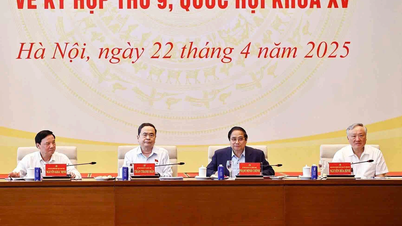

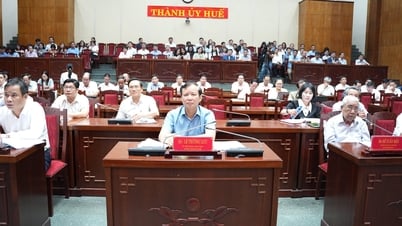

![[Update] - Thanh Hoa: 55 thousand delegates attended the conference to disseminate and implement the Resolution of the 11th Conference of the 13th Party Central Committee](https://vphoto.vietnam.vn/thumb/402x226/vietnam/resource/IMAGE/2025/4/16/f1c6083279f5439c9412180dda016c15)


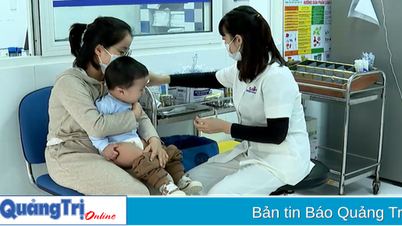
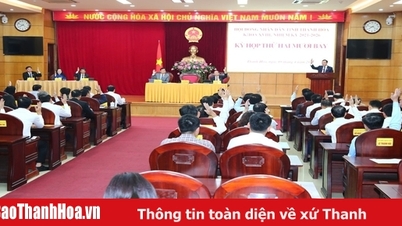


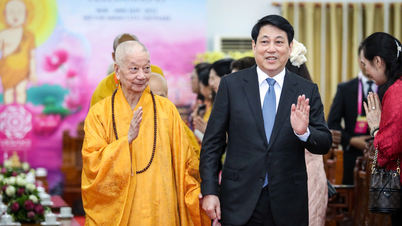


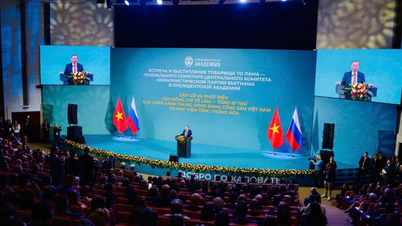





























































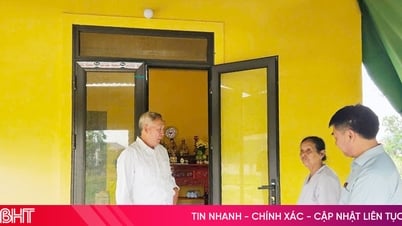

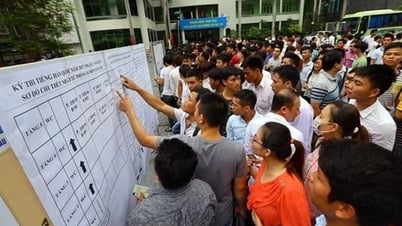













Comment (0)